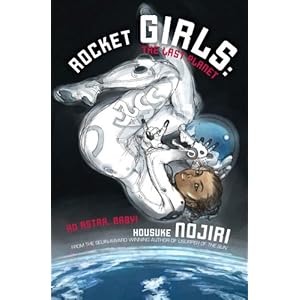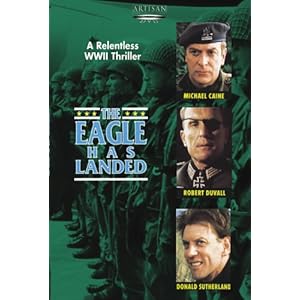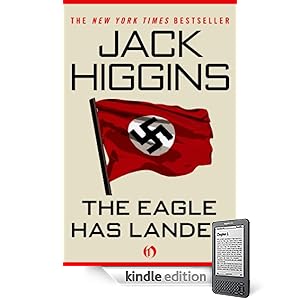Rocket Girls: The Last Planet

Second book, following
Rocket Girls, by Nojiri about Yukari Morita and her experiences as an astronaut for the Solomon Space Association (SAS). The book opens with Yukari and her half-sister/co-pilot aboard the SAS capsule (about the size of an American Gemini) in orbit. A problem with landing causes the capsule to come down in a pool at Yukari's old school. Quick thinking by one student, Akane, saves the science experiment. Akane is then recruited by Yukari to join the SAS astronaut corps. The middle section of the book covers the difficulty that Akane has in passing the training (she tends to pass out at moderately high g levels). At the same time, the NASA shuttle is in orbit, attempting to launch a probe to Pluto. When the American astronauts have a mishap, and can't fix the probe, SAS launches Yuakri and Akane to come to their rescue since the young girls, with their more advanced skintight spacesuits, are able to get into the tight quarters needed to get the probe ready for launch.
*** Slight spoilers***
Things seem to go well, until the probe's engines fire too early, putting it into a higher orbit.The solution that SAS along with NASA come up with is clever (putting the SAS capsule in the shuttle cargo bay before starting boosting to a higher orbit, then boosting the capsule even higher), and the sort of "gung-ho, let's succeed" thinking that is fun to see in a (relatively) realistic space novel. There's some nail biting at the end, as the SAS capsule sees higher re-entry temperatures, but we get a happy ending (though another coincidence with the landing site!).
***Spoilers over***
These two novels are light, fun reading, with fairly realistic technology. The major "fantastic" element is the behavior of SAS, in how they are willing to use these young girls as their astronauts. There's also the landing at the begining of the book, at Yuakir's former school, which stretches coincidence to the breaking point.
I followed Housuke Nojiri from the first Rocket Girl book to his more serious SF novel
Usurper of the Sun, which I though was marvelous. These books, with others, are being published in the US by
Haikasoru, which is rapidly becoming a welcome source of entertaining, interesting SF. James Nicoll has been pushing the Haikasoru books
hard (partially to try and get editor Nick Mamatas a Hugo), and I'm glad, since I would love to see more of them, and to see the ones already published get more attention.



